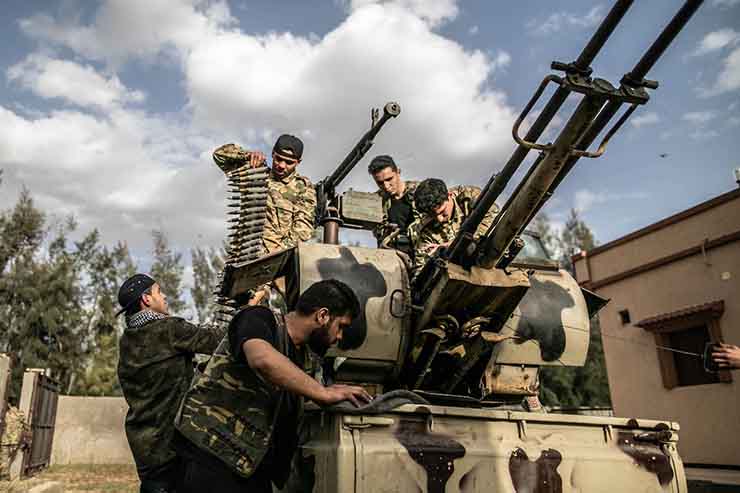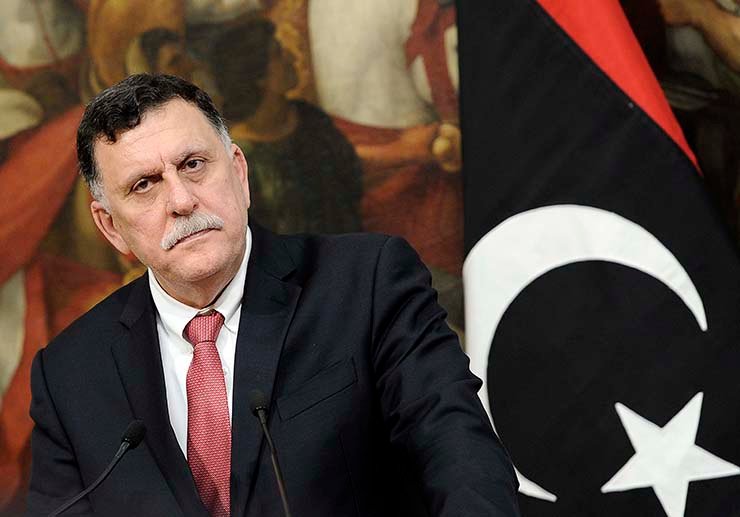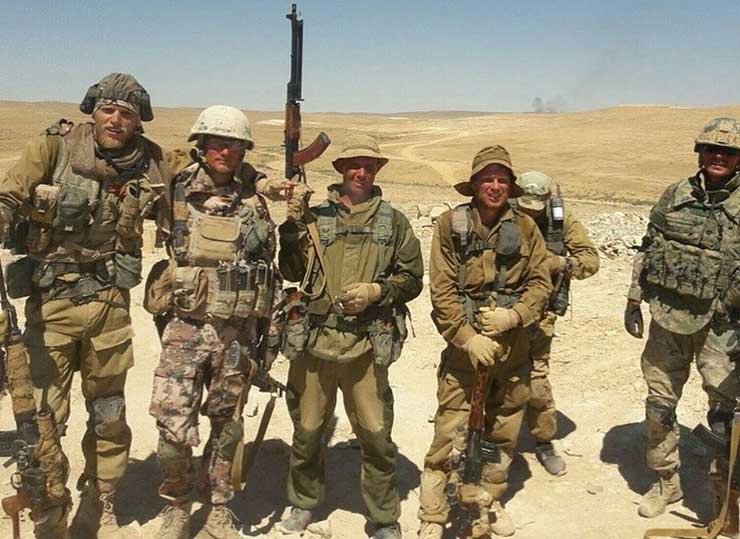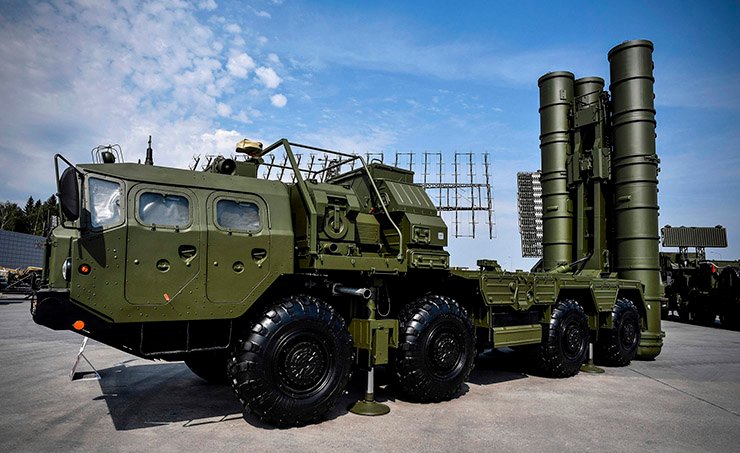
Tel Aviv. Russia has a big appetite when is looks at the greater West Asia. After expanding its foothold in Syria, Moscow puts its hands in the war in Libya, located in a very strategic location in the area. This in what Israeli experts say is a “crawling, very calculated Russian effort to get major strategic gains in this part of the world.”
This effort caused great concern in the United States but Israeli experts say that “while Moscow is moving ahead with its plans, Washington is dozing.”
In late May, United States Africa Command (AFRICOM) said that Russia had deployed at least 14 MiG-29 and several Su-24 fighters in Libya to support Russian state-sponsored private military contractors or PMC.
Reuters reported in early May that the UN found up to 1,200 personnel from Russian private military contractor Wagner Group were in Libya to support warlord Khalifa Haftar in his fight against the country’s internationally recognised government.

The aircraft were flown from Russia to Syria, where their Russian markings were painted over, and then to Libya. That violated a UN arms embargo and indicated that Russia was “clearly trying to tip the scales in its favour in Libya,” US Army Gen. Stephen Townsend, head of United States Africa Command (AFRICOM), said at the time.
The Russian massive intervention in Libya, as part of Moscow’s major plan to achieve maximum influence in the West Asia is followed by a Turkish effort to achieve such an influence. This has in recent weeks caused a major clash between two NATO members.
According to an official EU report, NATO is to investigate French allegations that Turkish warships targeted a French one in a confrontation over the Libya conflict, which has divided allies.
“The incident in the Mediterranean was addressed in the meeting by several allies,” NATO secretary general Jens Stoltenberg said after NATO defence ministers held video-talks on June 18.
“We have made sure that NATO military authorities are investigating the incident to bring full clarity to what happened,” he said.
Last month Turkish warships locked their weapons systems on to a French frigate called the Courbet, which was part of a NATO monitoring mission called Sea Guardian, on June 10, according to France.
Since the ouster and killing of former Libyan leader Muammar Gaddafi in 2011, Libyan factions have been engaged in a civil war that escalated in 2014.

The UN-recognised Tripoli government under Prime Minister Fayez al-Sarraj, known as the Government of National Accord (GNA), has been fighting against the Libyan National Army (LNA), led by General Khalifa Haftar. Backed by the parliament, LNA is based in the eastern city of Tobruk.
Foreign actors who are attracted by Libya, due to the country’s rich oil resources and its unique location as a sea gate to Europe, have taken their sides and entangled the conflicts.
Turkey, Qatar, Italy support the GNA, while Egypt, Russia, Saudi Arabia, the United Arab Emirates and France are on the side of LNA.
US supported GNA’s creation in later 2015 but since US President Donald Trump took office, his administration’s role in Libya is not clear.
And they did it in order to slip through yet another illegal shipment of arms to Turkey’s ally in the Libya civil war, the Tripoli-based Government of National Accord (GNA), France said.
“Turkey’s support for the Government of National Accord’s offensive goes directly against the efforts to secure a ceasefire, which we support,” the French foreign ministry also said on July 15.

“This support is aggravated by the hostile and unacceptable actions of Turkish naval forces toward NATO allies,” it said.
“This conduct, like all foreign interference in the Libyan conflict, must cease,” it added.
And France had the support of eight other NATO countries against Turkey, the French defence minister, Florence Parly, told her parliament on July 16.
The Courbet incident was the latest in the line of irritants between Turkish president Recep Tayyip Erdogan and his Western friends.
Others included: Erdogan’s war on Kurdish people in Syria, illegal gas-drilling in Cypriot waters, Greek air-space violations, and abuse of migrants to destabilise EU borders.
The Turkish action, according to Israeli experts is another proof that Ankara continues its “double play” – being a NATO member while operating against its interests. This approach became clear when Turkey decided to purchase the Russian made S-400 air defence systems, a decision that brought US to cancel the deal to sell F-35 to Turkey.
-The writer is an Israel-based freelance journalist. Views expressed are personal and do not necessarily reflect the views of Raksha Anirveda.








